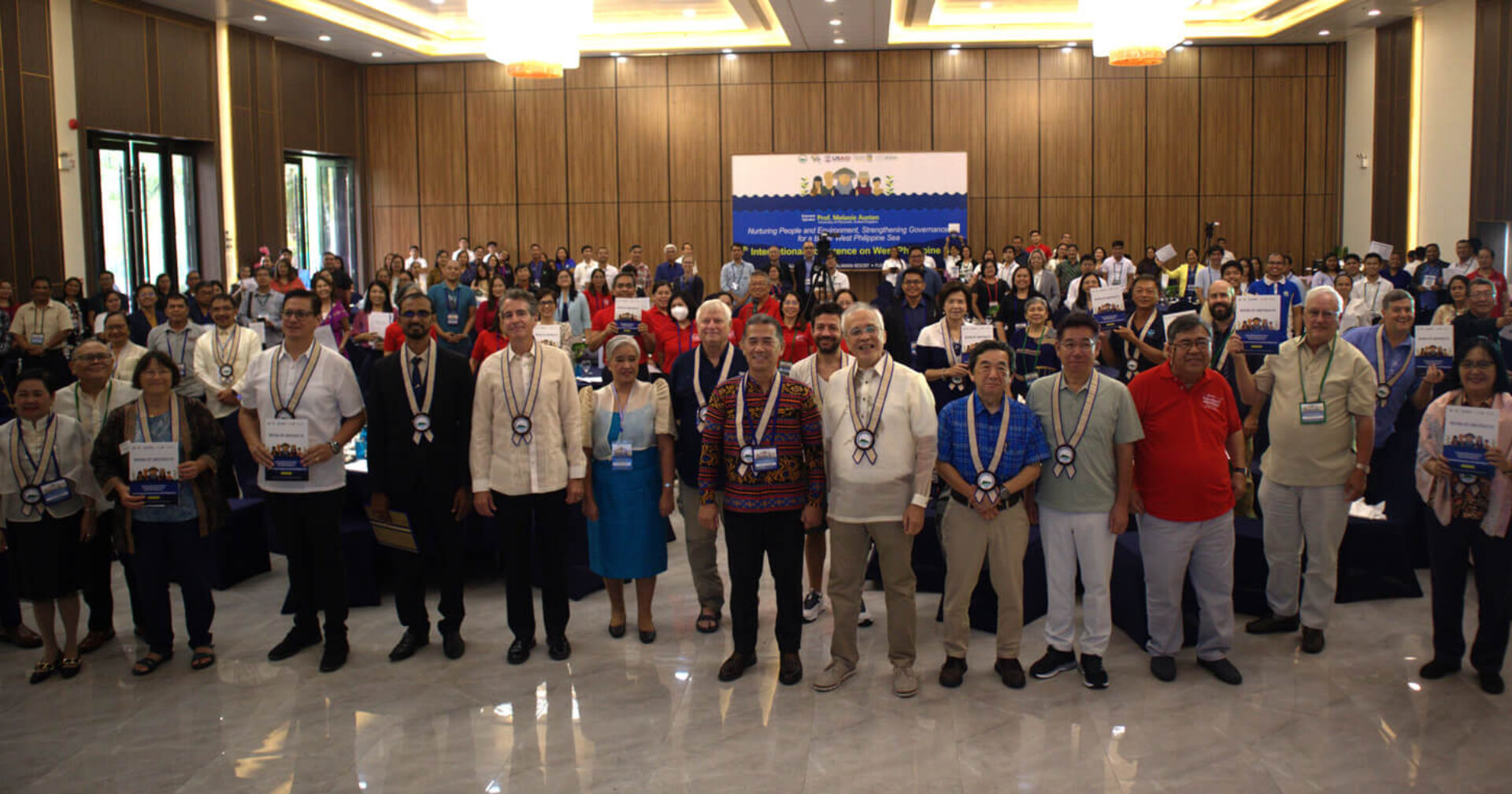Registration and Abstract Submission
Registration Fee
- Local Participants : Php 6,000.00
- Local Students : Php 4,000.00
- Foreign Participants : $200
- Foreign Students : $150
Submissions
1. Researchers, extension practitioners, community development workers, faculty members, and students can submit their papers for oral and poster presentation.
2. Representatives from Civil Society Organizations (CSOs), communities, local government units, and the private sector in the Philippines and other countries are invited to present their experiences related to the conference’s theme.
3. Topics of papers for presentation and poster displays should be consistent with the theme and topics of the conference.
4. Abstracts of oral papers and posters must:
- Not exceed 300 words.
- Have the following format:
- 12pt, Times New Roman, Microsoft Word).
- Indicate title, author(s), and their corresponding affiliations, and e-mail address(es)
5. Interested participants for both oral and paper presentations must submit through the following link bit.ly/icwps2025reg or scan the QR code:

Important Dates
Submission of Abstracts
- May 30, 2025
Notice of Acceptance
- June 30, 2025
Submission of the accepted electronic copy of the poster and PowerPoint slides for oral presentations
- August 1, 2025
Conference Themes
1. Ecological Health and Biodiversity
- Restoring and Preserving Marine Ecosystems and Biodiversity
- Marine Life
2. Climate Change
- Ocean Acidification, Temperature Rise, and Rising Sea Levels
- Disaster Risk Reduction and Coastal Communities
- Resilient Marine Protected Areas and Marine Spatial Planning
- Environmental and Anthropogenic Resilience
3. Sustainability and Resource Management
- Sustainable Fisheries Management
- Blue Economy Opportunities: Growth and Conservation
- Marine Pollution and Waste Management: Marine Plastics Litter
4. Science and Technology for the Seas
- Innovations and Emerging Marine Research and Technology
- Mapping and Marine Resource Management
- Renewable Energy from the Sea
5. Human Dimensions and Livelihoods
- Coastal Communities: Livelihoods and Adaptation Strategies
- Traditional Knowledge and Practices in Marine Stewardship
- Food Security and Production through Healthy Seas
- Gender and Development, Women, and Elders
6. Policy, Governance, and Diplomacy
- Legal Frameworks and Governance in the West Philippine Sea
- Maritime Boundaries and Cooperation
- Maritime Good Governance and Strategies
- Illegal, Unregulated, Unreported (IUU) Trading
- Environmental and Fisheries Law Enforcement (in Disputed Waters)
7. Youth and Public Engagement
- Educating the Next Generation: Ocean Literacy and Advocacy
- Role of Media and Public Campaigns in Protecting the West Philippine Sea
- Citizen Science: Empowering Communities in Marine Conservation
8. Economic Dimensions
- Sustainable Tourism in the West Philippine Sea: Best Practices
- Sustainable Fisheries Best Practices
- Maritime Trade and Coastal Resilience
- Marine Conservation and Economics
9. Partnerships for a Productive Sea
- Collaborative Efforts (Governments, NGOs, Private Sector, etc.)
- Protection of Shared Marine Resources
- Alliances for the Blue Economy

